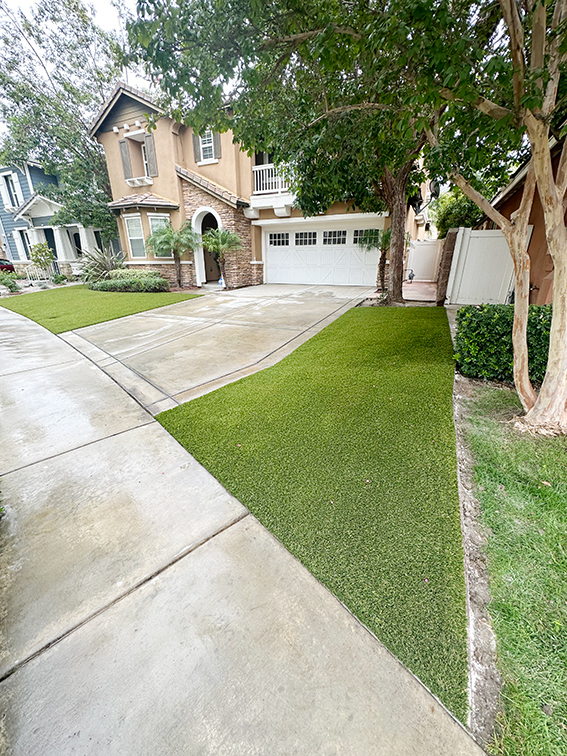Why is gardening beneficial for the elderly?
Gardening is beneficial to the elderly because it provides a form of physical exercise. Gardening for 30 minutes can burn as many calories as playing an active sport or participating in a yoga session. What’s more, the NHS says that those who exercise regularly are less likely to suffer heart disease or a stroke. So there are health benefits too.
What are the best gardening ideas for the elderly?
As mobility tends to reduce when we age, it is important to try to reduce overly strenuous tasks. Bending and stretching may become difficult, so gardening ideas for the elderly need to take this into consideration.
Raised planters
Bending down is not easy in older age, so raised planters really can make a difference. Bringing gardening up a level, raised planters make it easy to tend flowers and vegetables, as do window boxes, trellises and hanging baskets. This type of planting also aids drainage, so it’s a double benefit.
Special gardening tools
There are all sorts of special gardening tools that can make gardening easier for the older generation. From handle extenders and rolling stools, to arm supporters and knee pads, there is plenty to suit every style of gardener.
Existing tools can also be adapted. For example, foam tubes can be placed on the handles of pruners to make them easier to grip. And pulley systems can be added to hanging baskets to lower them to a more accessible level.
Replace natural grass with a fake lawn
A lawn will often make up the largest proportion of a garden, and will call for a great deal of maintenance. Without regular weeding, seeding and watering, a lawn will quickly start to look unattractive, and could also become dangerous.
The alternative is to replace a natural lawn with artificial turf. This is a good substitute because it doesn’t need any maintenance. No mowing, watering or weeding is required. Synthetic grass is also wheelchair and walking frame friendly. In other words, it looks good, and is practical too.
